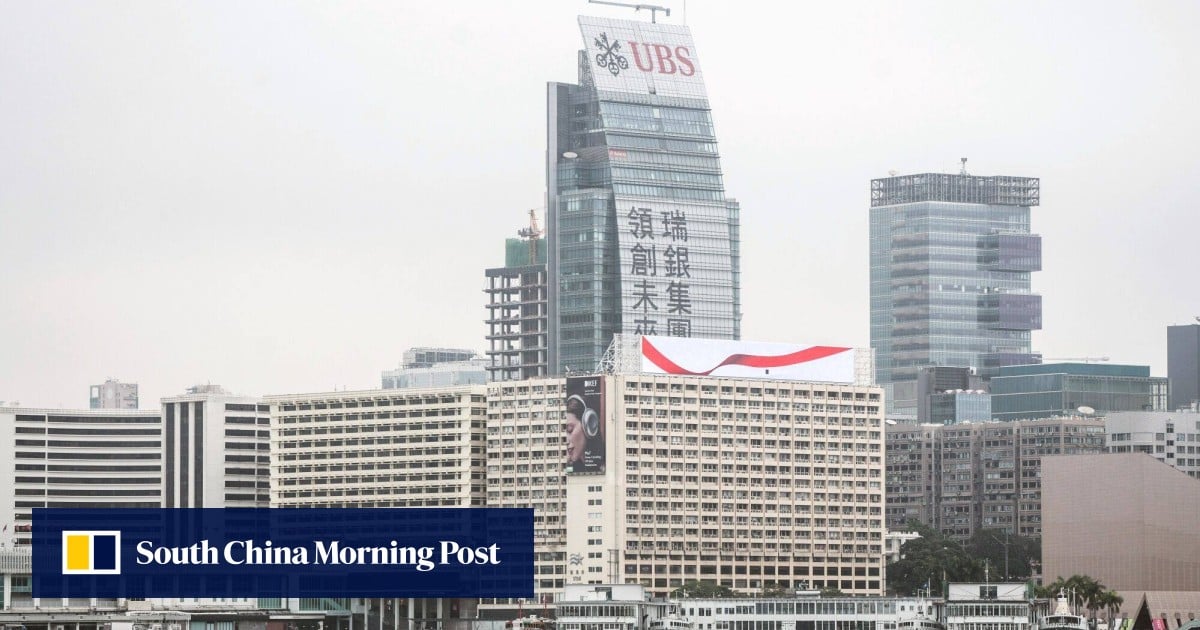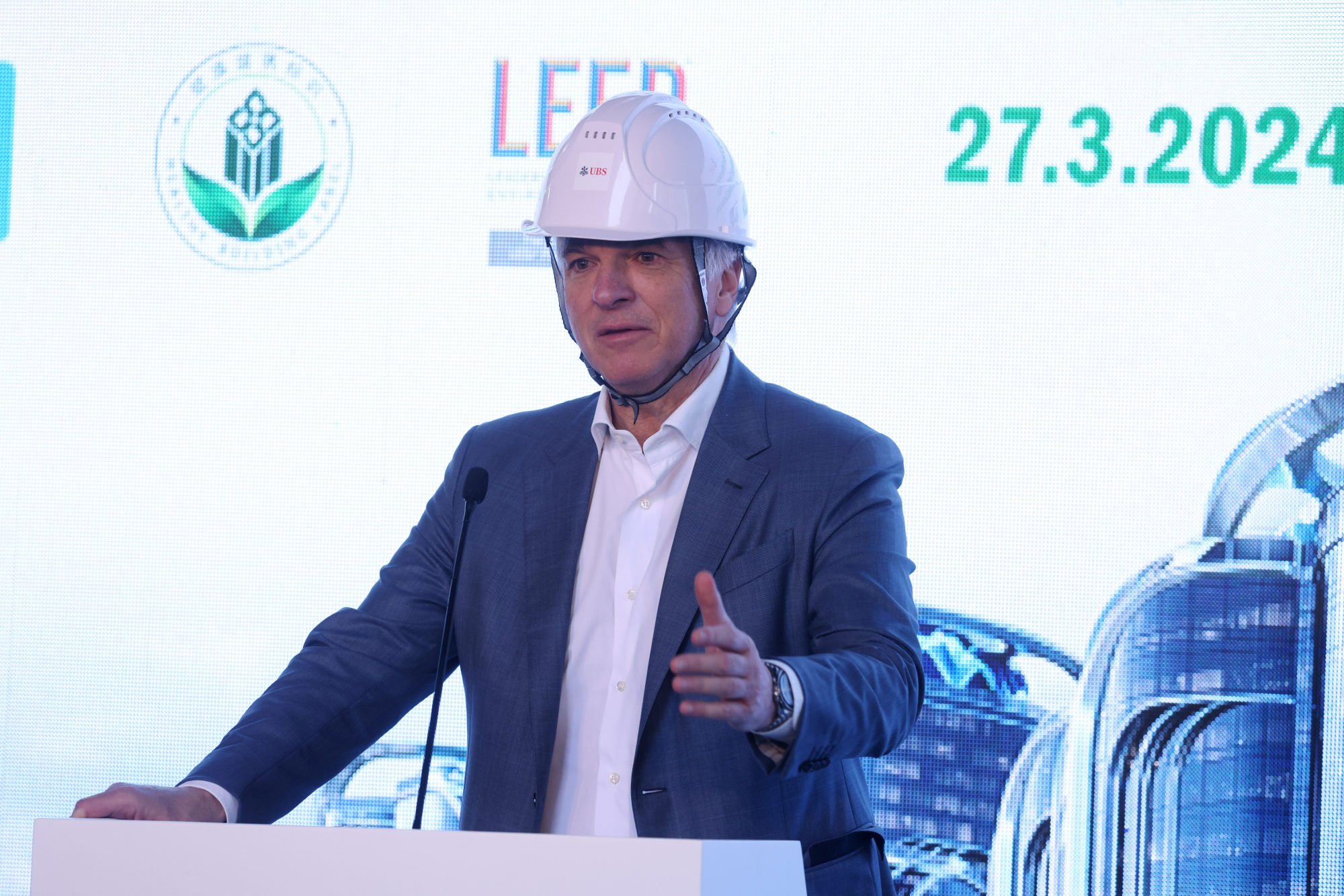
02 Apr Exclusive | UBS sees Asia as its future growth engine after Credit Suisse merger boosted its regional footprint, CEO says
As of the end of last year, UBS had attracted a net US$77 billion of new money globally since the two banks officially merged on June 12. That was much higher than the first five months of 2023, when Credit Suisse saw an outflow of client assets prior to the merger.
“Our goal is to return to the profitability ratios that UBS had before the acquisition,” said Ermotti.

He flew into Asia for the China Development Forum in Beijing on March 24, before attending a series of events in Hong Kong last week.
“The merger with Credit Suisse has resulted in a more complete and broader offering of our services and regional footprint,” said Ermotti. “What Credit Suisse is bringing is the X factor, the critical mass that is equivalent to about eight years of organic growth.
“In Asia, Credit Suisse has a more complete presence in Southeast Asia, while UBS was stronger in Hong Kong, North Asia and Australia.
“When we bring the two banks together, we have a more complete footprint, not only in Asia, but also in the Middle East, Europe, Switzerland and in the US.”
He said Asia will be the future growth engine for the bank.
“Asia is going to grow, and China is going to grow faster than the rest of the world in terms of absolute GDP growth,” said Ermotti. “There will be a lot of wealth creation in the Asian region in the next few years.
“It is a unique opportunity for us as the leading wealth manager in the world to develop our business.”
He is unfazed by the weak performance of the mainland Chinese and Hong Kong stock markets as the bank is looking for long-term growth.
UBS plans to use both Hong Kong and Singapore as bases from which to manage its Asia businesses.
“The geographic scope of Asia is so wide, that it’s almost impossible to think that you can have only one financial centre,” Ermotti said.
Even with growth on the cards, Ermotti confirmed that the newly merged bank will need to continue to cut staff in the coming years.
“We make no secret of the fact that we need to go through a massive cost reduction programme in order to restore profitability,” he said. “We need to take out US$13 billion of costs by the end of 2026.
“We already achieved about one third of that target in 2023. Credit Suisse is a loss-making bank. We need to take action to restore profitability.”
Ermotti, 63, was UBS Group CEO from 2011 to 2020 before he left to become chairman of the insurance giant Swiss Re. He return to UBS in April 2023 after the acquisition of its troubled rival Credit Suisse.
“I was definitely humbled and honoured that they asked me to come back to UBS,” he said. “I wanted to return out of a sense of loyalty to UBS.
“It was also a very important moment for Switzerland, for the country, and for the financial sector in general.
“I felt that it was a great opportunity to create something that would generate value for shareholders, clients and employees. I do believe that the outcome of this transaction will have an exponentially higher value than the two organisations could have ever achieved alone.”
